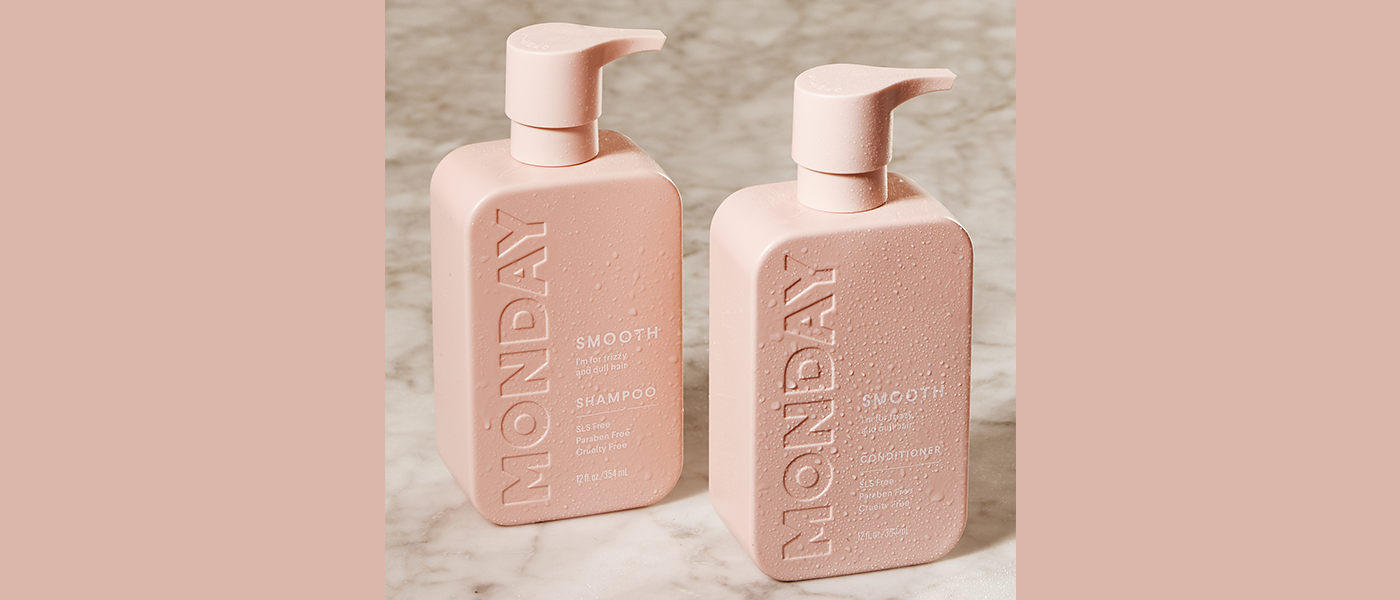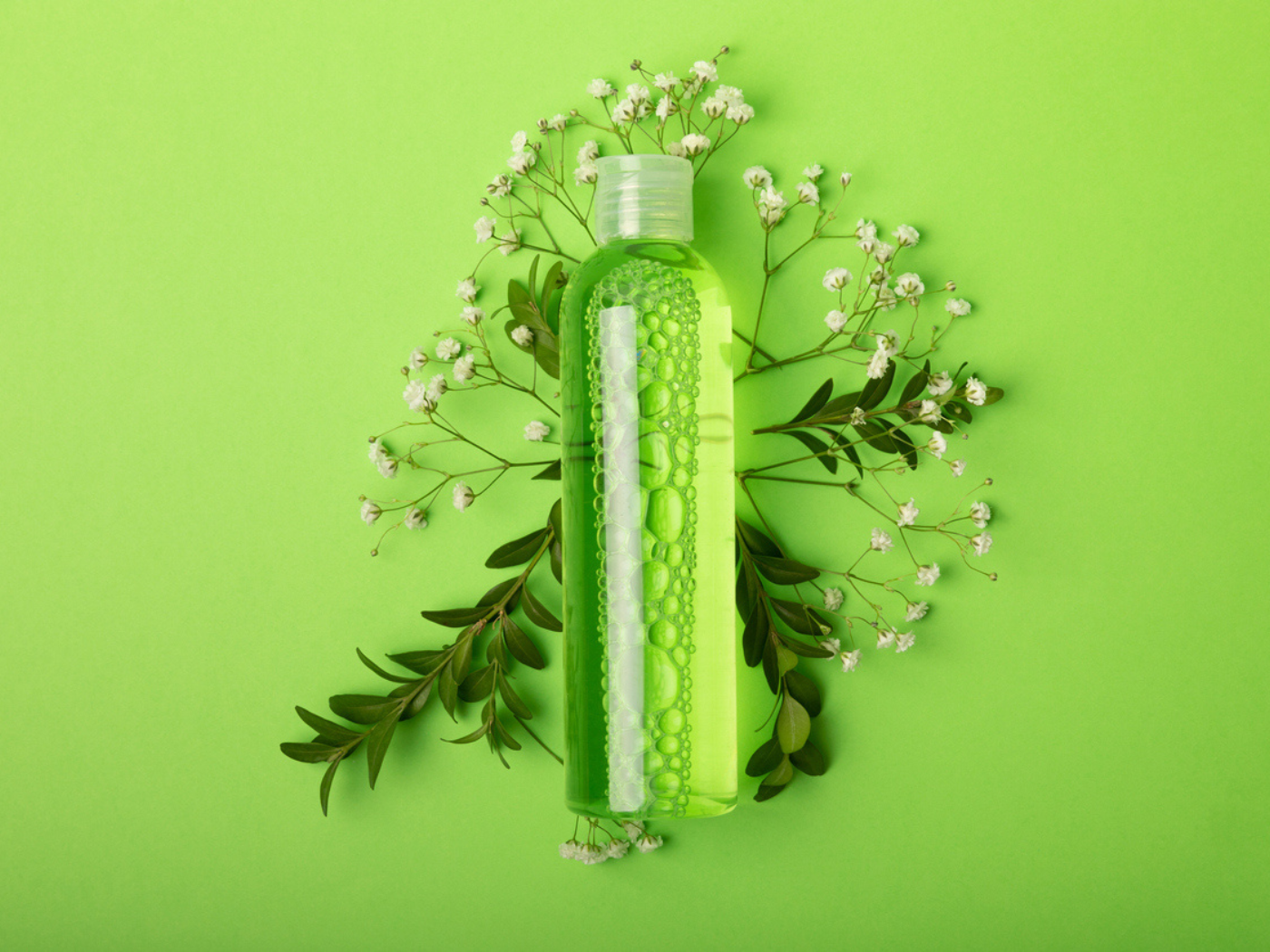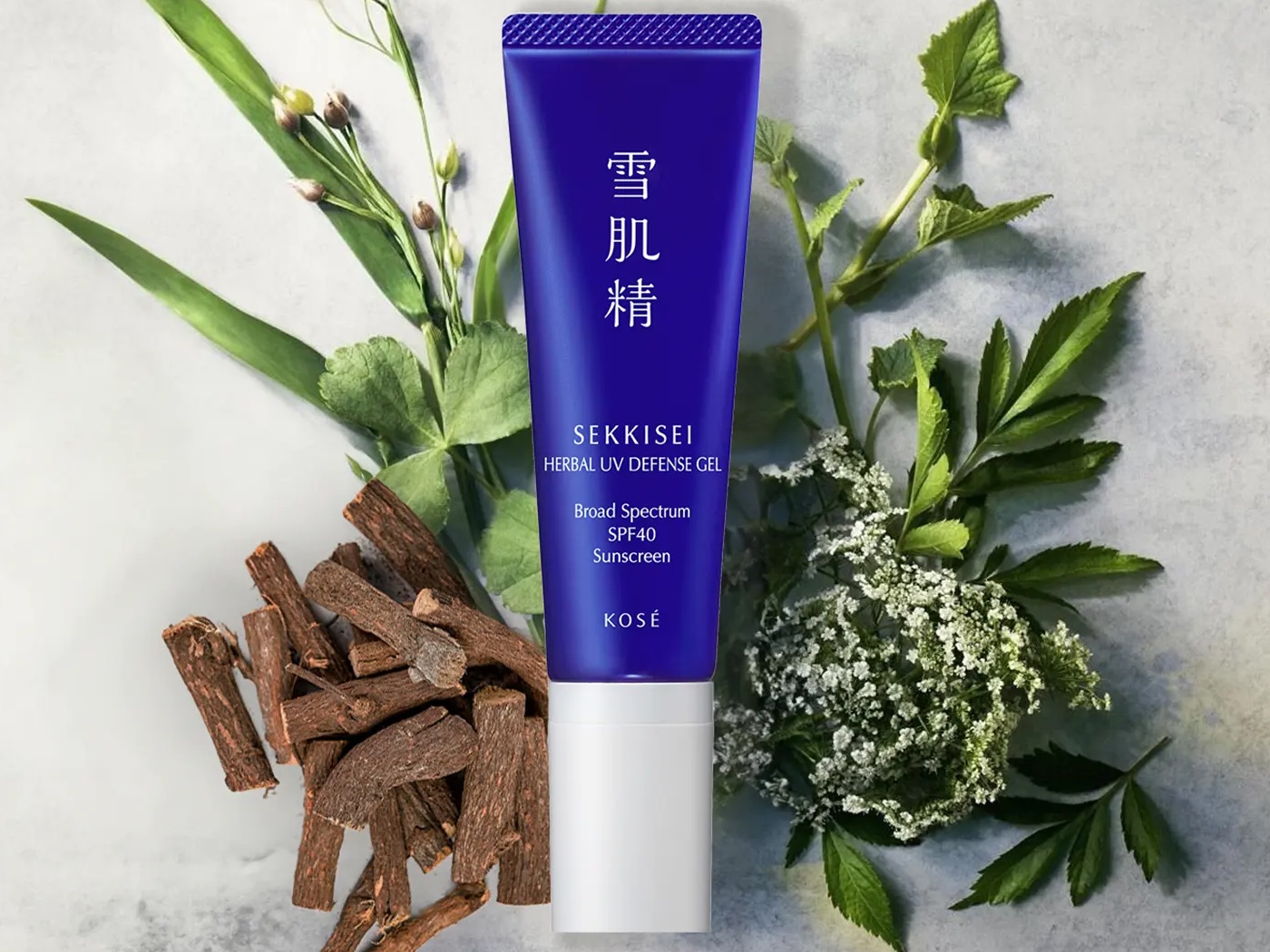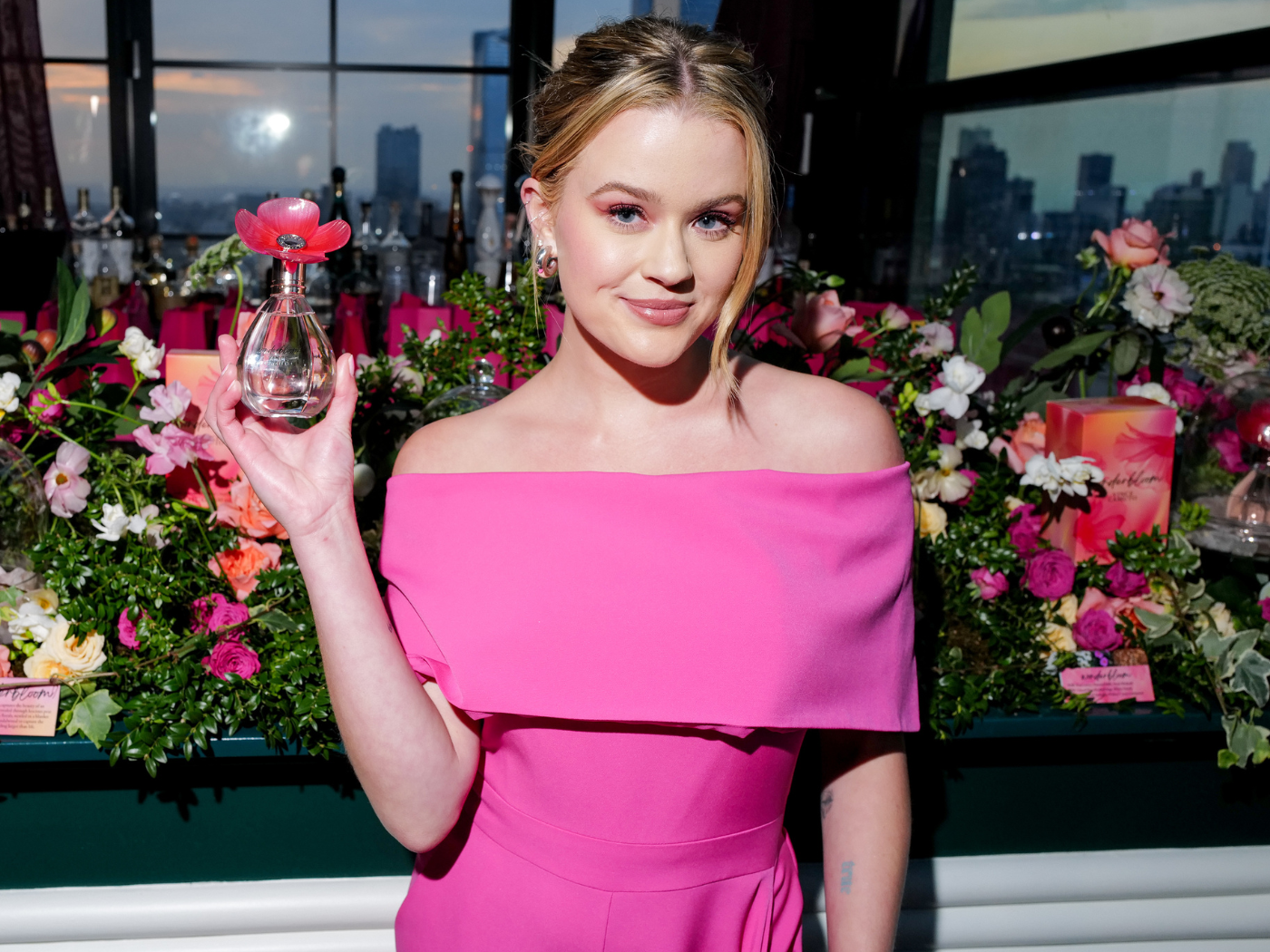Sure, prestige hair care has garnered much attention in the first half of 2022, and with good cause as the category is expected to average 15 percent growth in the U.S. over the next two years, according to The NPD Group. But Australian brand Monday is lighting up U.S. mass hair care with its luxury positioning and monochromatic packaging. In just two years since launching in Australia and New Zealand, Monday looks to end 2022 with $200 million in global retail sales. Its secret sauce: democratizing beauty to the masses. Here, Beauty News sat down with Monday founders Jaimee Lupton and Nick Mowbray (also the founder of billion-dollar toy company ZURU Toys) to learn more about the brand that did everything differently in the U.S.—and is showing signs of winning big.
BN: Talk about what led to the launch of Monday.
Nick Mowbray: A big part of the philosophy was having seen the success of brands like Glossier and Drunk Elephant, and how the pillars in those brands made them relevant to the millennial consumer, and how that didn’t really exist on a mass retail level. Monday has that feel of these really elevated brands but in the mass arena. I think the north star was how we democratize luxury.
BN: Your initial U.S. retail partners were Ulta Beauty and Target?
NM: Yes, and now it includes Kroger, HEB, and Costco.
BN: And did Ulta merchandise Monday in the mass section?
Jaimee Lupton: Yes, in the mass section. It was a talking point of where we were going be positioned back [in Australia] as well, whether we were going to be in specialty, masstige, or mass. I think our secret sauce is that our products were so beautiful, our packaging really had a moment on the shelf.
BN: And packaging is uniform across the brand’s four collections (Gentle, Smooth, Volume, and Moisture)?
JL: It is!
NM: The moment for us was when we looked at the hair care shelves, and it felt like [all the products] were fighting to scream louder and louder. We were like, okay, if we make everything whisper we are going to stand out.
BN: Usually you see shampoo bottles one color and conditioner another color, and so on.
JL: We had pushback from retailers saying, ‘How are people going to know what to shop?’
NM: The packaging and the way that it is presented, and the brand feel are what got people to buy it. But then you need them to repurchase it.
BN: What keeps them coming back?
JL: I think what keeps them coming back is how it stands out against other mass brands. We’re pulling in high-end, premium ingredients such as coconut oil and shea butter. And formulas are sulfate-free and paraben-free. Our bottles are made of recycled materials. And we are priced between $7.99 and $15.99 depending on size. We’re ticking all the boxes that the consumer wants.
BN: Who is your target consumer?
NM: Our target market skews very young, which we didn’t know when we launched. We thought we were marketing to 30-year-olds, but we are pulling the 13-year-olds to the 20-year-olds. And the way we market through Tik-Tok, we’re now the most liked hair care brand on the platform. When we first launched, it wasn’t even part of our strategy. In our office, we asked, ‘Where do you spend most of your time?’ And 90 percent said it was on TikTok, so our whole strategy changed. And now we focus on that platform almost exclusively.
BN: What are your sales? Where do you plan to end 2022?
NM: We’re doing over $1 million in sales a week in just the U.S. right now. We are looking at $100 million wholesale with retail close to $200 million global. Costco, for example, is generating more than $600,000 a week.
BN: Where are you manufacturing products?
NM: We hired a lead formulation specialist from a major multinational who built our whole formulation team and a lab in Shanghai that’s got about 16 formulation specialists. We’ve built everything. We always build ground up. This is how our business works. We are building a huge factory now which should be finished by Q1 2023. We’ll be manufacturing all in-house. We’re going deep now, we’re building a host of personal care and beauty brands, which we just presented to Walgreens and CVS.
BN: Why did you choose mass versus prestige?
NM: My experience has always been playing a big part in the sandbox, not a small part. So that means we can get scale, scale distribution, and scale sales. Scaling sales means scale of media spend. Scale of media spend means we can ultimately win in that category. If you can position a brand and make it very cool and aspirational and desirable, then make it a very surprising price, that combination is powerful. I think that’s the secret sauce of Monday, that whole democratizing beauty and making it available to everyone.
BN: What is your next phase?
NM: I think we’re at the start of this journey and ultimately our goal is to build a 21st-century L’Oréal because consumers are changing. What they demand from brands is changing. People no longer want to buy the same brands necessarily as their parents did. That’s a huge shift. And how do we build brands that are more relevant and reach consumers where they are now? About 230 million Americans spend more time on TikTok than any other media platform. So how do we reach our audience where they are?
JL: The next brand we are building is for a major mass retailer. It’s a totally inclusive brand. Non-binary for all sexes, for all ages, but also all hair types. Monday isn’t necessarily formulated for textured hair types specifically. This will be. But the range will [accommodate] straight hair as well. So it’ll be all-inclusive. We were tasked by this retailer to create this brand and it’s going to be exclusive to them based on the success of Monday. We’ll be launching it in 2024.
BN: And this will be for the mass market as well?
NM: Correct.
BN: And what about outside of hair care?
JL: [We will do] the same thing in body care and deodorant, no one had really looked to do something aesthetically nice in mass. This one’s blocked out by the big players as well. If you look at the shelf it’s very stale. Ours will also be the cleaner alternative. It will launch in 2024.
BN: Finally, why is the line named Monday?
JL: It just seemed silly for people to save their best hair days for the weekends. Why can’t you enjoy a good hair day on a Monday? Why should Friday get all the fun and attention? Much like Monday’s reputation, Monday Haircare is democratizing hair care by shifting the conversation and positioning of drugstore beauty.




